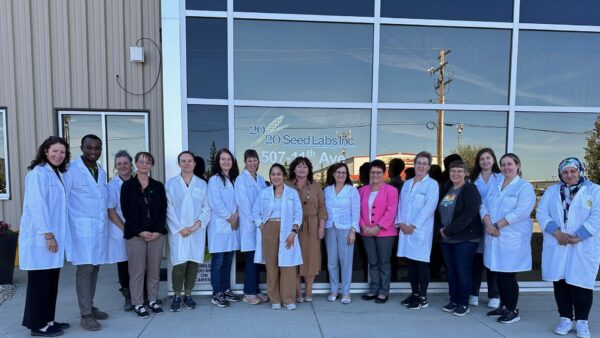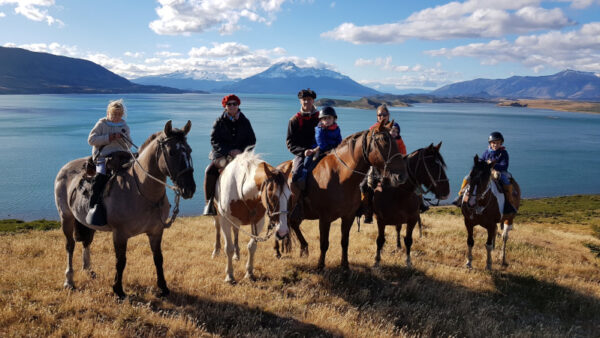
Are you Licensed to Sell Seed?
_x000D_

_x000D_
You need a licence to be a doctor, a dentist, an electrician, an attorney, a plumber, and even a boiler operator. You need a licence to apply chemicals and to drive a car. But when it comes to a profession like selling seed, where decisions affect someone’s entire livelihood, no real qualifications are required. Seed is the most important input farmers buy, yet — even today — a title, a set of keys, and a territory is all they are required to have._x000D_
_x000D_
That’s unfortunate because seed sellers must understand how to deliver both short- and long-term benefits to customers and they can’t afford to be wrong. The benefits a 21st century seed seller brings today are truly unique because they focus on taking farmers where they don’t know they need to go._x000D_
_x000D_
Seed sellers must understand how to deliver both short- and long-term benefits to customers and they can’t afford to be wrong._x000D_ |
_x000D_
Today’s seed sellers must understand how to get appointments with this busy group of seed consumers because time is at a premium. They must be able to teach today’s farmers that yield monitors can’t give them information on performance because that information is old history, based on last year’s environment, which will never be repeated. They have to be able to teach farmers to develop their cropping plans before harvest every year so there is sufficient time to match the right varieties to the right fields and soil types. After all, 75 per cent of varieties planted never perform to their potential because they are planted in the wrong field. And, finally, they must be able to teach farmers to plant a portfolio of at least three different varieties on their farms every year, instead of just their favourite ones — ones that may have taken first place in their plots last year or scored big on their yield monitors. The portfolio is their protection against the more than 1,000 variables that affect the performance of every variety on their farms._x000D_
_x000D_
The kind of ability they need takes special training — seed sales training. In fact, it requires seed sellers to have a particular kind of expertise and be qualified to call on 21st century growers (to be licensed)._x000D_
_x000D_
Selling seed is a special kind of sale that requires specialized training. Today’s seed marketplace is becoming increasingly competitive and growers are becoming more difficult to sell to than in the past. These discerning buyers no longer grant reciprocity to just any seller who stops by — they need and expect results the very first time. This requires a seed seller who is licensed, even if it is only in know-how._x000D_
_x000D_
Rod Osthus, President, R.C. Thomas Company_x000D_
 |
For more information, visit rcthomas.com |












